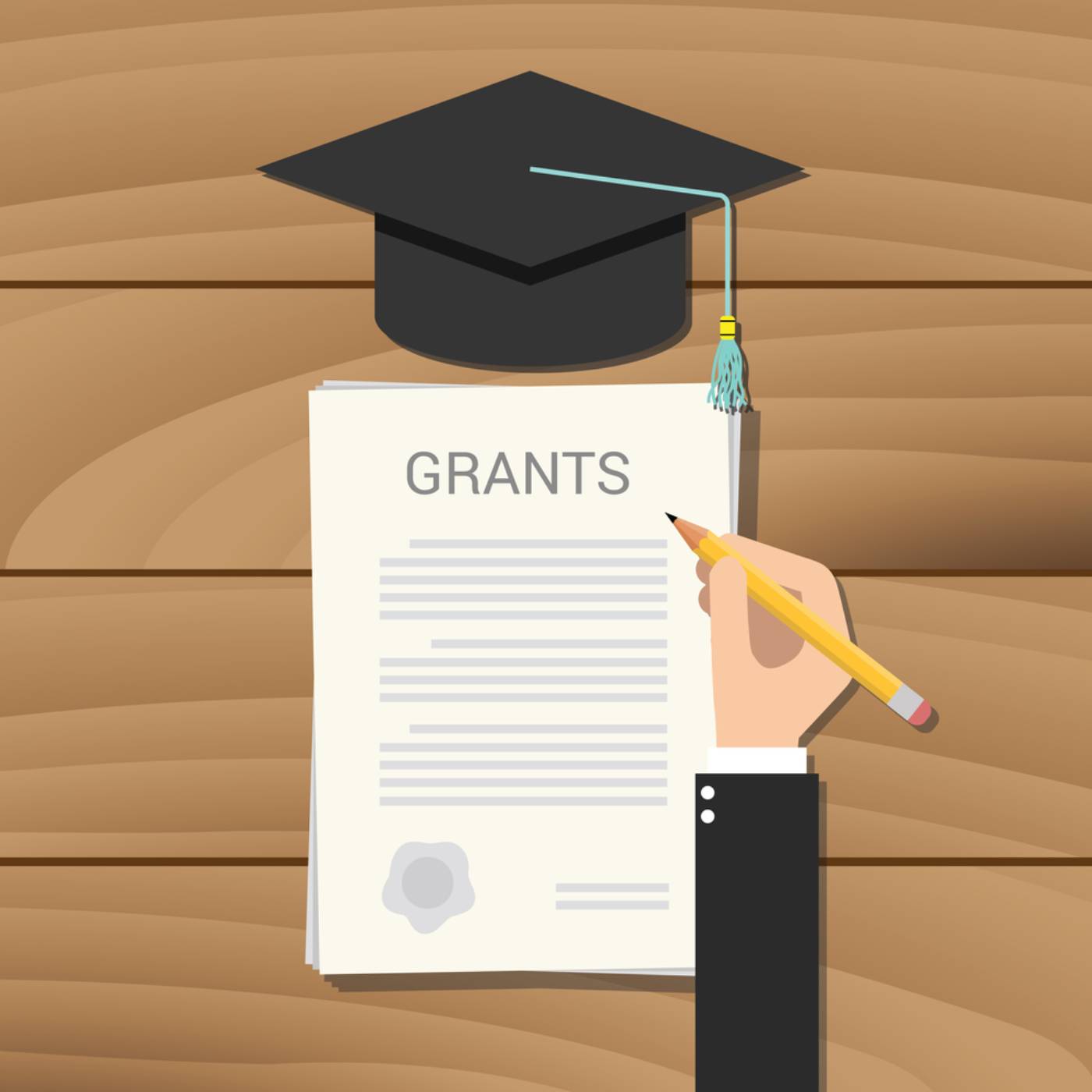Do you enjoy writing and creating unique projects? Are you ready to spend time writing various papers? Does the writing bring you pleasure? If you have positive answers to these questions, then you should consider a grant proposal writer with expert writing skills.
Grant writing involves writing projects to receive cash grants. Today, many writers choose this field of activity because they get the opportunity to work even from home. But to get a good job, you need to go through several stages. Skilled grant writers in the United States and Western Europe claim that success in seeking financial support requires the following:
- Navigate the process of applying for a grant;
- Find and analyze suitable financial sources;
- With the help of a professionally written application, convince the fund that you should be financed.
Read the details below.
Grant Search Process
If you want to know how to become a successful grant writer at home, consider the grant-seeking process.
Fundamentals of the Grant Search Process
The easiest way is to compare the search for a grant with the search for a new job. There are usually many different candidates applying for the same position. Finding an appropriate job position can be enabled by examining job offers and creating direct contact with your prospective employer. Only in such a way you can convince the employer to select you. Without job search experience, you are unlikely to be able to find a good job in a short time. However, your practical experience will grow.
In this regard, it should be mentioned that the process of finding a grant is the same. Every fund is attacked by hundreds and even thousands of writers. However, only the people have a chance to receive funds who took the trouble to find out which of the funds is closest to the purposes and tasks of the proposed project. Only the applicants will succeed who have established contact with the fund and represented a letter proposal.
Grant Search Strategy
Confidence and skillful allocation of time are the foundation for successful grant seeking.
- Confidence. Many fear that no one will want to fund their project. Sometimes people are ashamed to ask for money. And what is the result? If you are in doubt about a positive solution to your question from the very beginning, your attempt will be unsuccessful. Remember, we achieve what we believe in ourselves. Any experienced job seeker will tell you that the keys to success are self-confidence and willingness to seek a positive decision, whatever the outcome of the first attempts.
- Time Allocation. It will not be possible to write an application for a grant in one day. You need to start preparing an application in advance in order to have time to implement the project. The sooner you start this work, the more time you will have to familiarize yourself with the interests of the funders and the process of writing an application.
Search and Analysis of the Most Suitable Funds
This stage consists of the following components:
- Clear definition of the idea of your project;
- Analysis of suitable funds;
- Seeking confirmation of your findings.
Defining a Project Idea
Before you contact a fund, you must understand and clearly define who you are, what you want to achieve, and for whom. As you prepare answers to all of these questions, you must constantly keep in mind the interests of the potential fundraiser in order to align them with the interests of your project.
Analysis of Probable Funds
Knowing who you are and what you want to accomplish, you can start exploring the funds whose interests match yours. Don’t be afraid to spend more time on this task.
Confirmation of the Results Obtained
After analyzing at least three potential funds, you should do the following:
- Receive from the fund an application form and detailed instructions on how to draw it up;
- Constantly keep in touch with the coordinator of the fund, from whom you may need additional information at any time.
A detailed acquaintance with the fund brings your success closer, allowing you to make sure that this particular fund matches the interests of your project.
How to Convince the Fund to Choose You?
You have conscientiously polished your idea, found, and analyzed potential funders. Now you can sit down and write an application. In general, two types of project proposals can be distinguished: a letter proposal and a full proposal.
Letter Proposal
A letter proposal is a short form of a document that informs the foundation about the content of your project. This letter usually does not exceed five pages. Many private foundations use a short letter of proposal as a document that is already quite sufficient for deciding whether to fund the proposed project or not. It happens that after reading the letter proposal, the foundation will ask you to send a more detailed application. It all depends on whether your project has aroused interest in the fund.
Full Proposal
The key document in grant writing – the full proposal – is usually needed for making the final funding decision. The complete application includes 12 components: cover letter, title page, contents, executive summary, introduction, problem description, goals and objectives, methodology and calendar plan, summing up and evaluation, budget explanation, future funding, appendices.
Follow these steps and you will definitely be a successful grant writer at home!
